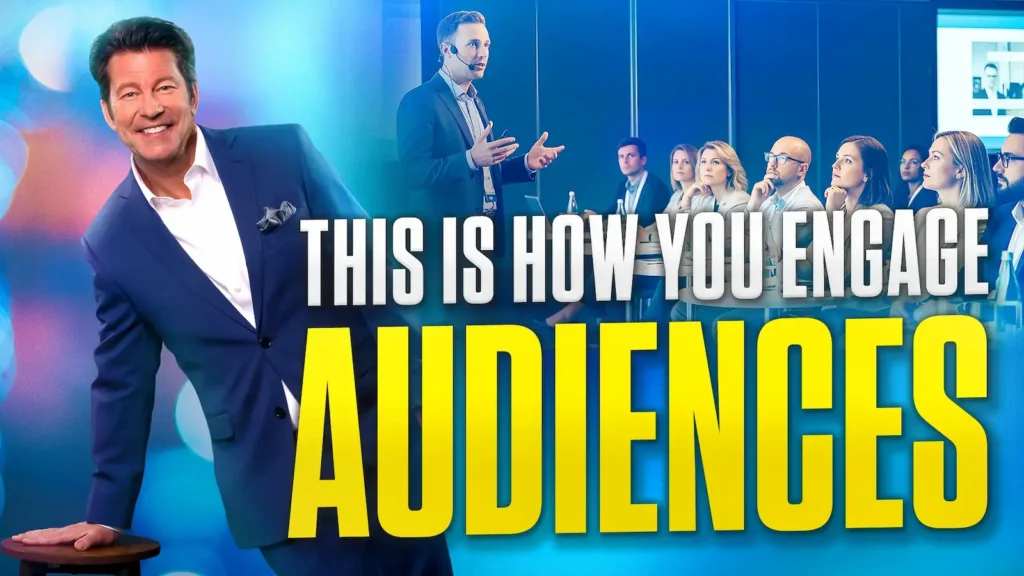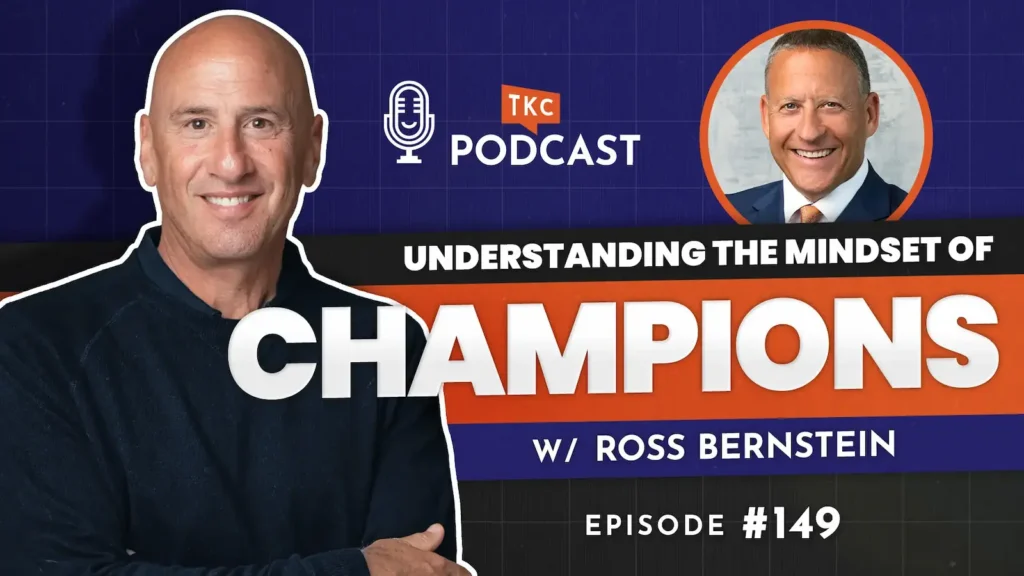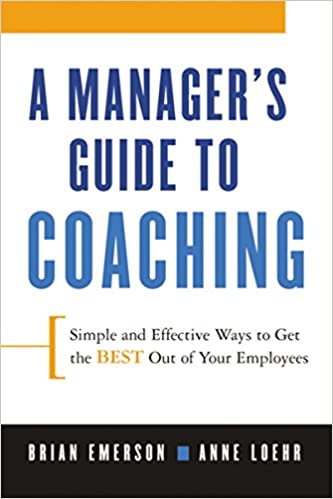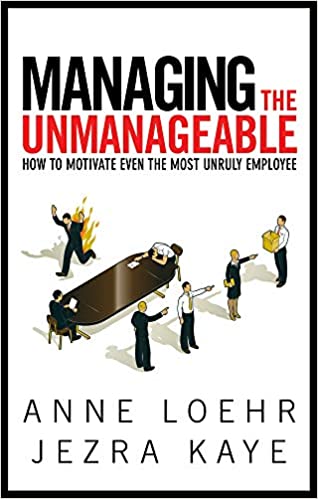Biography
After graduating from Cornell University, Anne Loehr managed and owned international, eco-friendly hotels and safari companies for over 13 years. Frustrated that she couldn’t find top-quality team development programs for her 500 employees, Anne honed these skills herself by creating her own dynamic leadership and management development programs.
Since selling her hospitality businesses and becoming a certified executive coach, facilitator and EVP at the Center for Human Capital Innovation (CHCI), she has been working with diverse organizations such as Facebook, AstraZeneca, Morgan Stanley Smith Barney, American Red Cross, Booz Allen Hamilton, John Hancock, Coca-Cola, the White House Fellows Program and P&G to consistently help organizational teams improve their communications and deepen their working relationships. The impact? Creative collaboration, improved employee retention and increased sales.
Named the “Generational Guru” by The Washington Post, Anne’s work has been featured in Newsweek International, The Washington Post, The New York Times, Huffington Post, National Geographic Traveler, Washingtonian and CNN Money. Anne speaks regularly at national conferences and on the radio. She writes for Fast Company and the Huffington Post; she also a faculty member of the American Management Association, teaching leadership courses around the country.
Anne co-founded Safaris for the Soul, international leadership retreats that help senior managers find their organizational values and purpose. Her first book, A Manager’s Guide to Coaching: Simple and Effective Ways to Get the Best Out of Your Employees was published by the American Management Association. Her 2nd book, Managing the Unmanageable: How to Motivate Even the Most Unruly Employee, was published by Career Press.
Videos
Anne Loehr
Listening is A Difficult Skill for Leaders -- The Lost Art of Inquiry
Speech TopicsExpand each topic to learn more
Future leadership is imperative to consider now. As an avalanche of change comes to the workplace, leaders must look—and behave—differently.
Work environments, organizational structures and the motivations behind work have transformed. Historically, organizations were often centralized, with a clear hierarchy. Many decisions followed a linear journey of permission before anything could be decided (cue red tape).
An organization’s success was often black and white—more specifically, the black and white number on the bottom of a Profit & Loss statement.
The future of work will be stripped of centralization. Instead of ladders and chains of command, the future organization will function like an ecosystem?—?a community of interconnected organisms that all work in conjunction with each other in a complex environment, where members play many roles.
Instead of a centralized company, we will have a holacracy, where authority and decision-making doesn’t travel from top to bottom. Instead, governance will come from self-organizing teams. We’re talking no job titles, no managers, no hierarchy, and most importantly?—?no need to ask permission from a higher-up. In the future, career movement doesn’t even have an “up.
What Will Future Leadership Look Like?
In this keynote, you will learn:
- How the leaders of the future will look and act very differently than what we are historically used to.
- How hierarchy, centralization, and the definition of success will function in organizations of the future.
- The five imperative qualities and skills leaders of the future must have.
What is EQ? EQ is similar to IQ; IQ stands for Intelligence Quotient whereas EQ stands for Emotional Intelligence Quotient. EQ is a measure of your ability to monitor, identify, understand and use emotional information, whether it comes from you or from somebody else. Those with a higher EQ are able to manage feelings like anger, happiness, insecurity, or fear in order to “respond” to situations rather than “react” to situations. Studies show that up to 80% of the average person’s personal and career success can be attributed to their level of EQ. The good news is, EQ can be increased with practice.
In this session, you will learn:
- How EQ affects personal relationships
- How to assess your EQ
- Three steps to improve active listening skills (a key skill for emotional intelligence)
- How to amp up your EQ
There are big changes coming to the American workforce. In order to survive and thrive in the very different workplace of tomorrow, organizations need to know, plan and stay in front of these changes.
This keynote will help you lead through these changes, including the four biggest trends:
- Demographic tsunami of retiring workers.
- Women leaving the corporate world.
- The old diversity minority is the new majority.
- Temporary worker demand is rising with predictions that 40 percent of the workforce will be contingent workers by 2020.
Your job is to help get ready for these changes, and my job is to help you do that with my blogs and keynote. Through me, you will be able to answer:
- How will I retain my organizational knowledge before the demographic tsunami hits?
- How will I win the war for top talent?
- How will I help grow an organization with the newest generation of leaders?
How many of the following statements apply to your life?
- I often feel overwhelmed
- I usually feel that I don’t have enough time in the day
- I struggle with being present, or in the moment
- I struggle to prioritize self-care (e.g., exercise, eating well, etc.)
- I’m tired of being tired
- I often struggle with being fresh and creative
You’re not alone. Such is the state of the modern world. Yet human energy is a critical resource. The strategies used to improve athletic performance can also be applied to managing energy in our personal lives. Learn how to train like an athlete to manage your energy physically, emotionally, mentally, and spiritually.
In this session, you will learn:
- Tips to manage physical energy: nutrition, exercise, sleep
- Tips to manage emotional energy: focus
- Tips to manage mental energy: gratitude and happiness
- Tips to manage spiritual energy: core values
One of the major workforce trends significantly impacting organizations today is the fact that women are leaving the workforce in droves. Studies show that more than half of women who start out in Fortune 500s have left before they reach the executive level. Where do they go and why does it matter?
Women who leave your organization either join your competitors or become your competitors by launching their own businesses. In fact, as of 2010, there were more than 8 million woman-owned businesses in the U.S. and their numbers are growing 50% faster than start-ups headed by men.
One reason this matters to your organization is purely economical. Two recent, high profile studies have found that having even one woman on a company’s board correlates with significantly better performance.
Female Leadership is a must-have for companies to survive and thrive. And yet very few companies have been able to move that bar. You need an action plan to bring women into the top ranks of your company and keep them there.
Leaders will benefit from the Attract, Develop and Retain Female Talent by learning:
- The business case for women in the workforce.
- What women bring to the workplace: creativity, better decision making, more social responsibility, more business success.
- Factors that signal second-generation bias at the company level and six ways to fight it.
- An action plan for developing and retaining women leaders.
“Future Focused Leaders Create Cultures of Purpose,” examines the rampant absence of purpose people feel in today’s workplace and the extreme lack of engagement that results. This lack of engagement is not only bad for organizations; it’s bad for people, their families, and their communities, too. I explain how it’s absolutely imperative for leaders to create purpose in their organizations and for their employees. The first step in doing so is identifying individual and then organizational values. I provide a roadmap for identifying those values and implementing them.
In this talk, leaders will learn:
- How to define purpose.
- How to use purpose to boost employee engagement
- What is needed to create a purpose-driven DNA.
- How your own leadership values will add depth to work.
Testimonials
Blog Posts

Resilience Lessons From an NFL Player Who Turned Life into Magic
Resilience keynote speaker Jon Dorenbos shares how to turn adversity into action through mindset, forgiveness, and authentic leadership strategies.
Read More
The Top 3 Keynote Speaker Trends That Will Define Your Events in 2026
2026 event planning starts now: discover the keynote speakers and themes that transform audiences through AI ethics, psychological safety, and leadership.
Read More
How Pros Stay Steady To Engage & Interact With Their Event’s Audience
Stop second-guessing your audience's reactions. Learn how veteran emcee Scott Bloom reads rooms without losing confidence during live events.
Read More
The One Life Question That Separates Victims From Victors
One powerful question changed how keynote speaker John O'Leary chose to live his life. Discover the victim-or-victor framework that works for any challenge.
Read More
Insights from Ross Bernstein on What Champions Do When Nobody’s Watching
Learn how champions think differently and build winning habits that transform teams from talented to unstoppable with peak performance speaker Ross Bernstein.
Read More
7 Year-End Lessons From Keynote Speaker Every Event Planner Needs Before 2026
Learn 7 powerful year-end lessons from top keynote speakers to transform your event planning strategy and personal growth in 2026.
Read MoreRelated Futurist Speakers
Get in TouchContact US
Fill out the form so we can best understand your needs.
A representative from The Keynote Curators will reach out to you.



